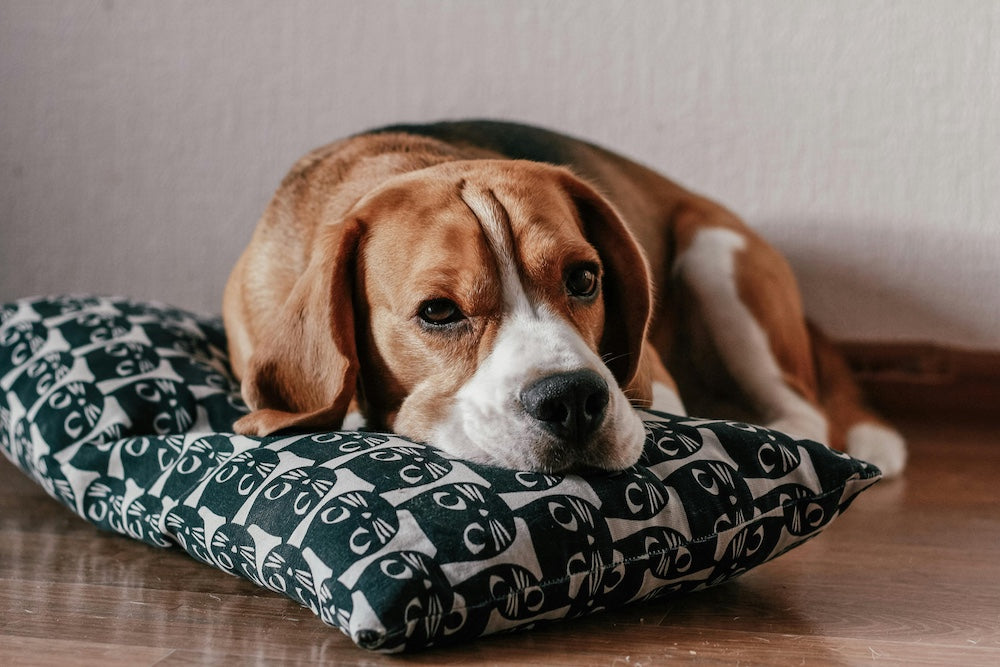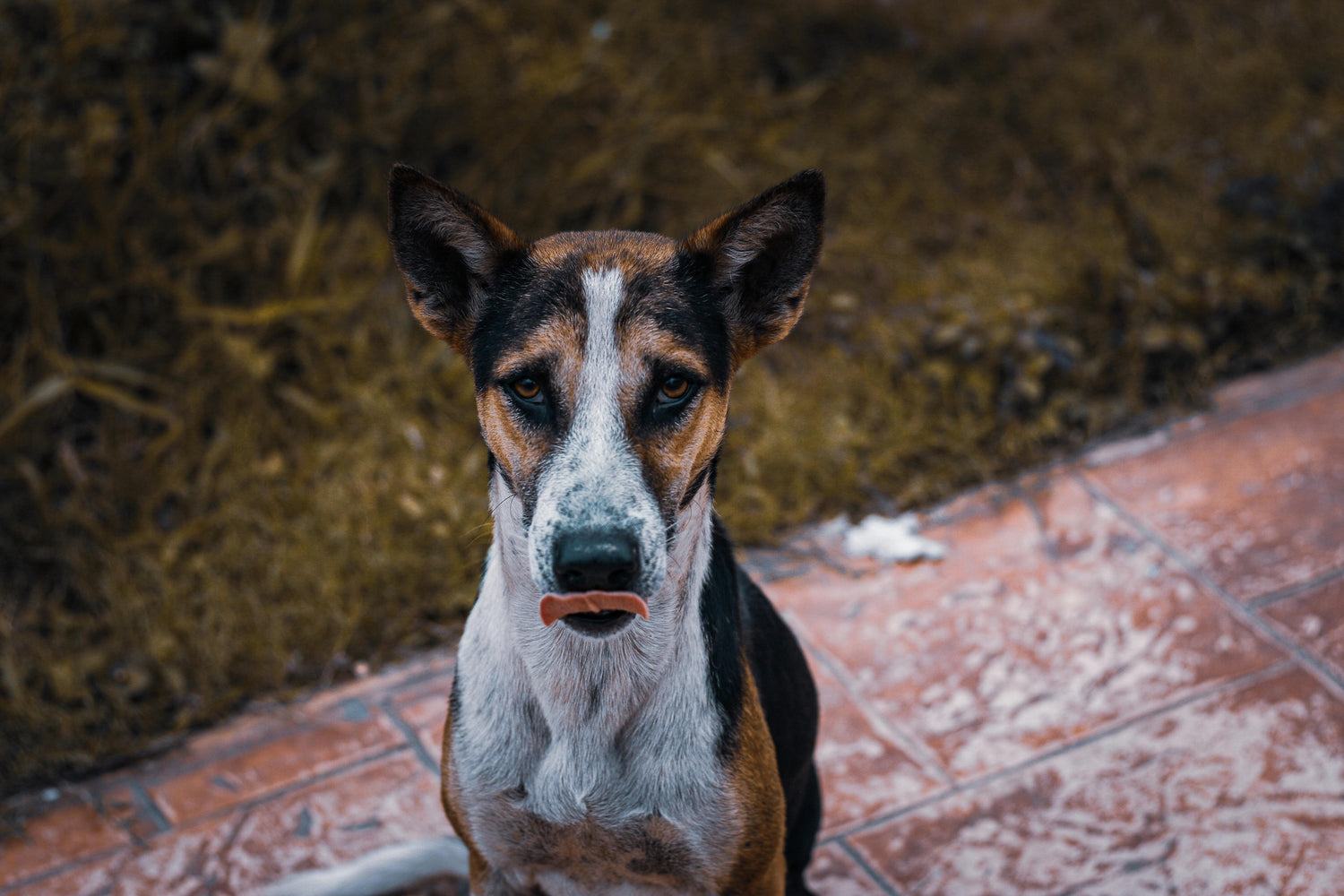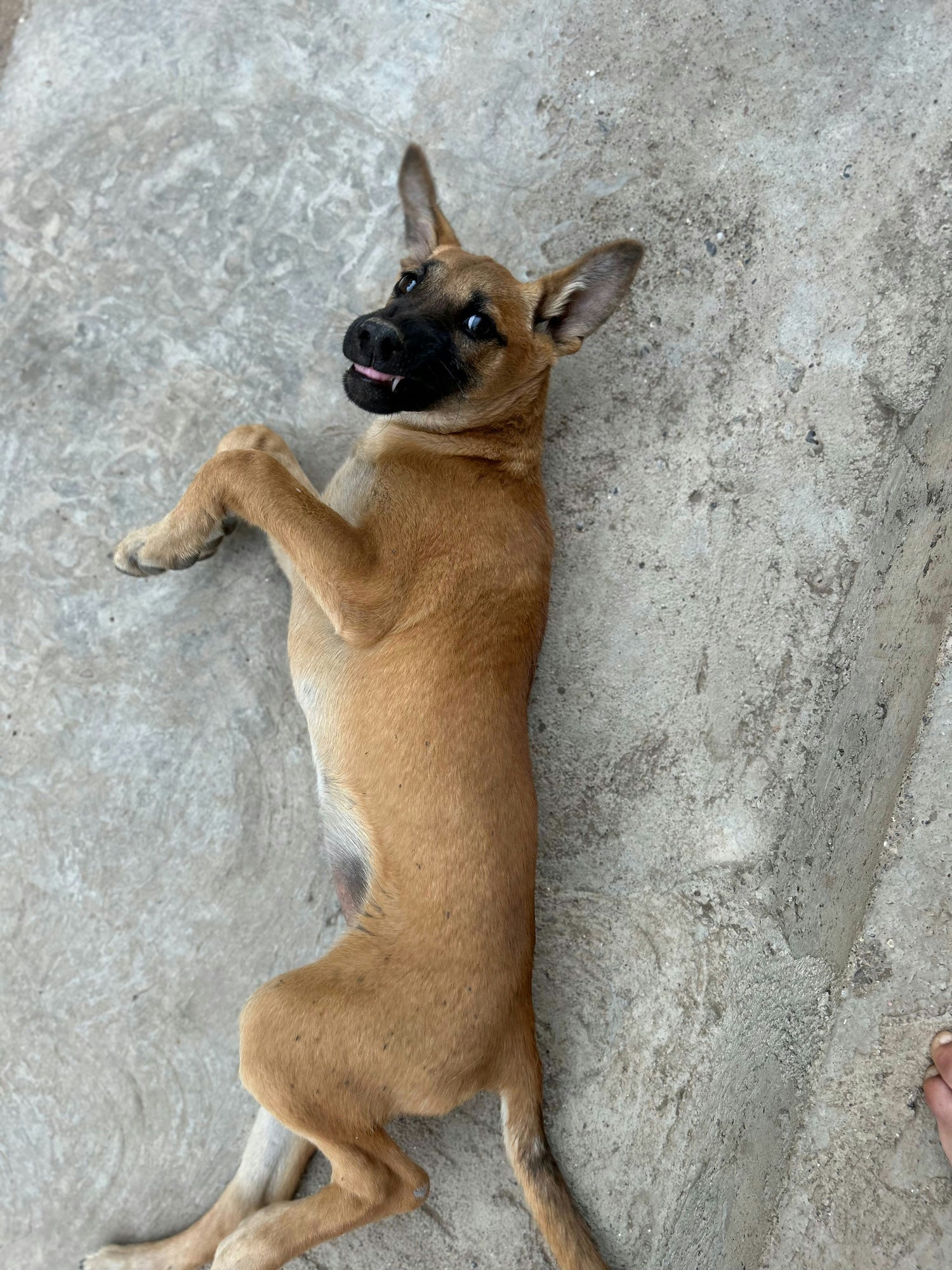Pancreatitis in dogs
Has your dog had pancreatitis? Read our feeding guide for managing their condition and the low fat food choices available for them.
Pancreatitis is an inflammation of the pancreas. It is often a result of a diet too high in fat or a large intake of fat all at once, but sometimes it can be difficult to pinpoint a cause.
The pancreas is usually responsible for producing enzymes that aid digestion and so during a bout of pancreatitis, it will be difficult for your pet to digest food, especially ones high in fat. This can result in a prolonged digestive issue.

Many dogs that get pancreatitis are overweight, as a result of eating a diet that is too high in fat for their needs. In other cases, a high fat treat/chew or one off food might have caused it. Sometimes it can be a result of another illness and in some cases it can be very difficult to find what the cause might have been. Genetics seems to play a part for some dogs as certain breeds seem more prone to the condition.

There are multiple signs of pancreatitis in dogs, ranging from mild to more severe pancreatitis.
Symptoms of pancreatitis might be:
If your dog is showing these symptoms, it is important that you visit your vet before you try and sort out their diet, so you can rule out anything else and so the vet can treat them. Once they are stable, you must keep them on a low-fat diet to prevent reoccurrence.

A low fat diet which is easy to digest is recommended. We recommend feeding a diet that contains 9% fat or under. Be sure to stick to the correct daily feeding amounts to ensure extra fat is not consumed, especially when feeding wet food.
Small frequent meals spread throughout the day may be tolerated better by your dog than one or two larger meals. It is not advisable to try and ‘feed him up’ after being ill as too much food can overwork the pancreas.
If your dog is very thin it is important that you speak to your vet or one of our nutritionists for help. The vet is likely to prescribe them anti-sickness medicine and will order for your dog to get plenty of rest.
All your pancreatitis concerns, answered:
We have various options in the Burns range to meet these needs with many of our adult diets meeting the requirements of 10% fat or less.